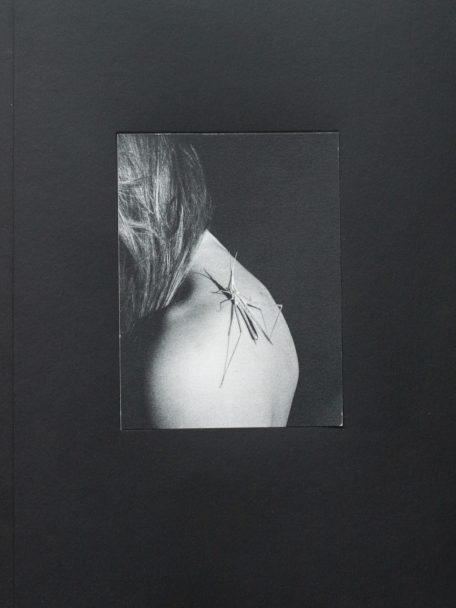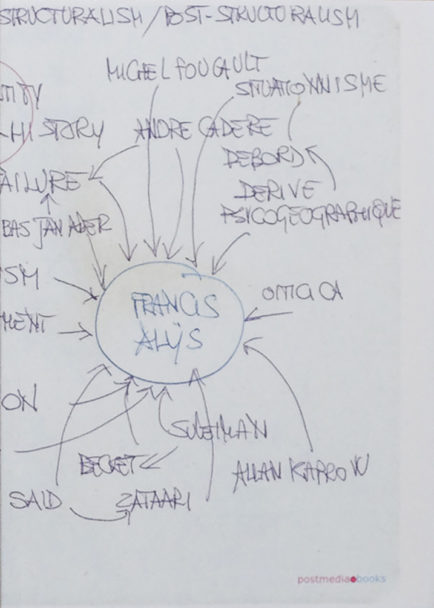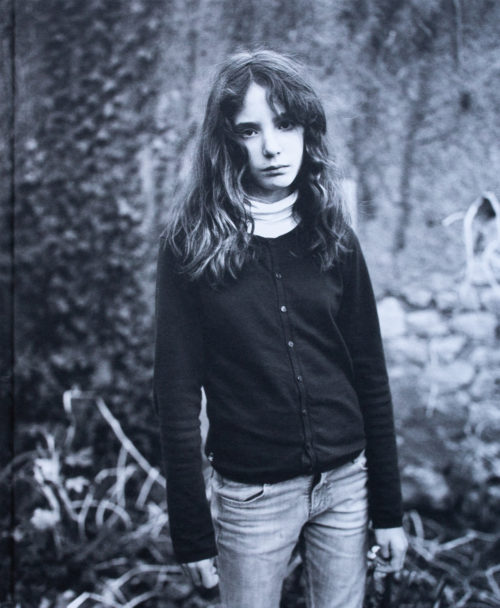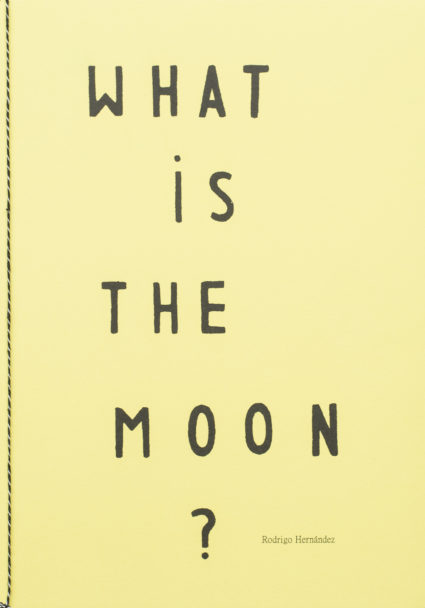
Lewis Baltz, Scritti, 2014
16 Euro

1 in stock
Lucid protagonist of the American “new topography” of the 70s, an artist constantly committed to deconstructing the politics of places and representations, since his beginnings Lewis Baltz has accompanied his visual research with a meditated critical and self-critical writing activity. The reflections collected in this volume illuminate from different perspectives his over 40-year work and the transatlantic context in which it has developed: interventions that have accompanied the topographical works of the first period, narratives incorporated in the text-image works of the late 1980s, but also a substantial series of essays dedicated to some of the most important photographers and artists of the twentieth century. In the latter, listening to the enigmatic materiality of the works merges with a dry and disenchanted reasoning about their cultural and, finally, political adequacy. The writings dedicated to Walker Evans, Edward Weston, Robert Adams, Michael Schmidt, Allan Sekula, Thomas Ruff and Jeff Wall, who in different ways question the possibilities and limits of modernist photographic practices, fall into this vein; in some passages, moreover, detailed appreciation of artists such as Krzysztof Wodiczko, Félix González-Torres, Barry Le Va, Chris Burden, James Turrell, Robert Irwin, John McLaughlin and Alessandro Laita emerge, with whom Baltz shared crucial aspects of the research and, in several cases, of his own biography. The volume, however, also contains considerations on more general issues, for example on the landscape or on cities “in the age of nothing special”. If the icy silence of Baltz’s post-apocalyptic imagery has helped to purify the photography of the last thirty years of the opposing rhetoric of denunciation and revelation, the hoarse and sometimes caustic voice of these writings continues to resonate and contaminate the alleged certainties about which the institutions of art and photography love to support.
ISBN 978-88-6010-117-4





